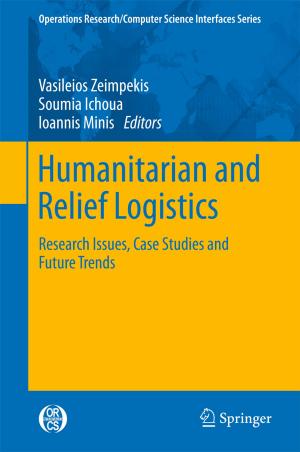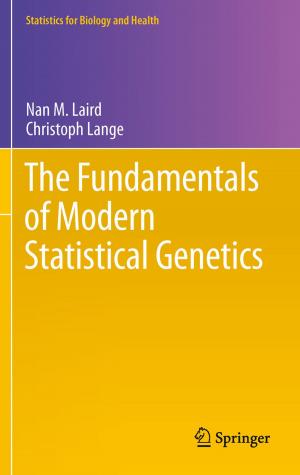Global Report on Student Well-Being
Volume III: Employment, Finances, Housing, and Transportation
Nonfiction, Health & Well Being, Psychology| Author: | Alex C. Michalos | ISBN: | 9781461397694 |
| Publisher: | Springer New York | Publication: | December 6, 2012 |
| Imprint: | Springer | Language: | English |
| Author: | Alex C. Michalos |
| ISBN: | 9781461397694 |
| Publisher: | Springer New York |
| Publication: | December 6, 2012 |
| Imprint: | Springer |
| Language: | English |
I suppose that most of the people reading this volume will have read or have access to Volume One of my Global Report on Student Well Being. Therefore, I will not review the background literature relevant to multiple discrepancies theory (MDT), the theory itself or the es sential features of the international university undergraduate data-set on which this whole report is based. Anyone familiar with my earlier papers (Michalos 1985, 1987, 1988) will have a good idea of MDT. However, one really has to have a look at the first volume of this study in order to appreciate the richness of a data-set consisting of over 18,000 cases drawn from 39 countries. As I indicated at the be ginning of that volume, the data-set is available for a very modest cost to anyone who wants it and I do hope others will take advantage of it. The focus of Volume One was on happiness and satisfaction with life as a whole, so-called global indicators of subjective well being. Volume Two was devoted to an exploration of satisfaction with the interpersonal relations of family, friends and living partners, and personal self-esteem. This volume is concerned with satisfaction with material goods as indicated by the domains of paid employment, fi nances, housing and transportation. In the fourth and final volume I will explain satisfaction with religion, education, recreation and health.
I suppose that most of the people reading this volume will have read or have access to Volume One of my Global Report on Student Well Being. Therefore, I will not review the background literature relevant to multiple discrepancies theory (MDT), the theory itself or the es sential features of the international university undergraduate data-set on which this whole report is based. Anyone familiar with my earlier papers (Michalos 1985, 1987, 1988) will have a good idea of MDT. However, one really has to have a look at the first volume of this study in order to appreciate the richness of a data-set consisting of over 18,000 cases drawn from 39 countries. As I indicated at the be ginning of that volume, the data-set is available for a very modest cost to anyone who wants it and I do hope others will take advantage of it. The focus of Volume One was on happiness and satisfaction with life as a whole, so-called global indicators of subjective well being. Volume Two was devoted to an exploration of satisfaction with the interpersonal relations of family, friends and living partners, and personal self-esteem. This volume is concerned with satisfaction with material goods as indicated by the domains of paid employment, fi nances, housing and transportation. In the fourth and final volume I will explain satisfaction with religion, education, recreation and health.















